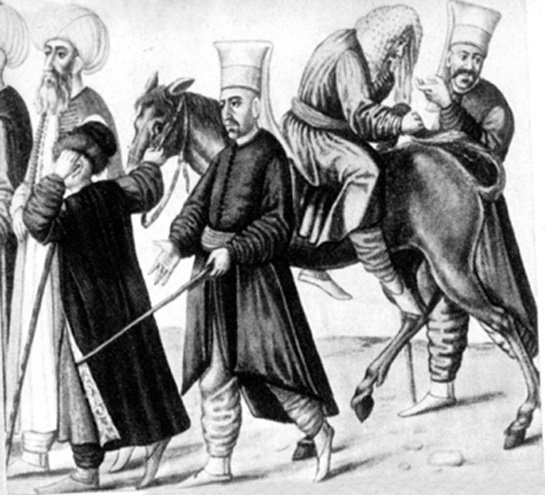The period of Murad IV, spanning from 1623 to 1640, was a time of significant political upheaval and transformation within the Ottoman Empire. Ascending to the throne at the tender age of 11, Murad IV faced immense challenges, including internal rebellions, corruption, and external threats. His reign is marked by his ruthless measures to restore order and authority, including the suppression of the Janissaries and the execution of high-ranking officials. Murad IV’s political maneuvers and military campaigns, particularly against the Safavid Empire, were pivotal in reasserting Ottoman dominance. This article delves into the intricate political events during Murad IV’s reign, highlighting his strategies and their lasting impact on the empire.
The reign of Murad IV represents a critical period in Ottoman history. The political events between 1623 and 1640 were shaped by prohibitions on alcohol and tobacco, military expeditions and rebellions. This period was a period in which cultural activities, as well as efforts to restructure the state, played an important role.
Murad IV reigned as the 17th sultan of the Ottoman Empire between 1623 and 1640 and experienced many important political events during his reign. During this period, issues such as domestic and foreign problems, state administration, military expeditions and reforms held an important place.
1. Sultan Murad IV Ascension to the Throne and His Early Years
Since Murad IV was only 11 years old when he ascended to the throne, a period of regency began for the state administration. During this period, a powerful sultana, such as Kösem Sultan, began to govern the state and was influential in state affairs. After Murad IV began to intervene in politics in 1632, he took harsh measures such as the prohibition of alcohol and tobacco.
- The influence of Valide Sultan
- Harsh bans and reforms
- The first wars and expeditions
2. Prohibition of Alcohol and Tobacco
Murad IV attracted attention with his ban on alcohol and tobacco. This ban was applied not only to the people but also to the members of the palace. These bans led to significant changes in the social structure of the period and created great fear among the people.
- Social changes brought about by prohibitions
- How the prohibitions are implemented
- The impact it has on the public
3. Military Expeditions and Eastern Politics
Murad IV gave importance to military expeditions and organized various expeditions to protect his lands in the east. The expedition against the Safavids in 1635 is one of the most important military events of this period.
- Safavid Expedition of 1635
- Military successes and losses
- Security of the eastern borders
4. Internal Revolts and Management Problems
During the period, various internal rebellions and administrative problems also occurred. In particular, the strengthening of the Janissary Corps and the deterioration in state administration threatened the authority of the sultan. Murad IV took harsh measures to suppress these problems and suppressed the rebellions with blood.
- The role of the Janissary Corps
- Suppression of rebellions
- Restoration of state authority
5. Murad IV and Cultural Activities
Murad IV also gave importance to cultural activities. Many works were produced in the field of art and literature and the period had an important place in Ottoman history. Especially the works in the field of architecture attract attention.
- Architectural works
- Literary and artistic activities
- Protection of cultural heritage
The reign of Murad IV stands out as one of the most important and turbulent periods in Ottoman history. The sultan’s harsh management style, efforts to combat internal and external problems, military expeditions and cultural activities are the main characteristics of this period. The reign of Murad IV can be considered as a reflection of the efforts to restructure the Ottoman Empire.The events that took place during this period are of great importance for understanding Ottoman history and should be examined in depth to understand the political, social and cultural dynamics of the period.
Conclusion
Murad IV’s reign was a defining period in Ottoman history, characterized by his relentless efforts to consolidate power and restore stability. His decisive actions, though often brutal, were instrumental in curbing the chaos that plagued the empire. The political events of his era, including his campaigns against internal dissent and external foes, reshaped the Ottoman political landscape and reinforced the central authority. Understanding the political dynamics of Murad IV’s period provides valuable insights into the complexities of Ottoman governance and the enduring legacy of his rule.
